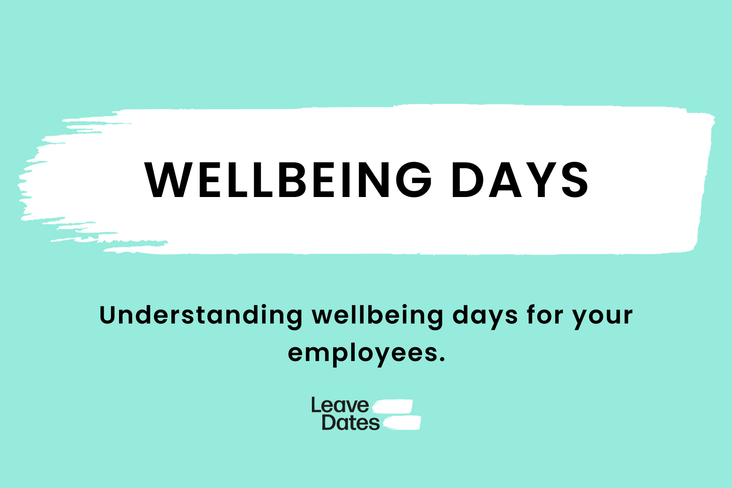Workplace stress is one of the most critical issues facing the UK workforce, and recent studies have found that excessive workload is the main culprit. Businesses and their employees are facing increasing demand to produce more, and the cost of living and doing business is increasing strain on financial resources, requiring extra from everyone.
Research from the Champion Health Workplace Health Report 2024 has revealed that 65% of employees consider their workload the primary source of stress. This is felt across all industries, particularly in high-pressure environments such as healthcare, transport, education and finance.
The Health and Safety Executive (HSE) outlines the following as the most common reasons why a person may be experiencing stress at work:
Workers may say that they:
- are not able to cope with the demands of their jobs
- are unable to control the way they do their work
- don't receive enough information and support
- are having trouble with relationships at work or are being bullied
- don't fully understand their role and responsibilities
- are not engaged when a business is undergoing change
The consequences of workload-related stress
It is no secret that stress makes the effects of chronic and sometimes debilitating illnesses worse, in some cases fatal. Mental health issues, cardiovascular disease, sleep problems and more can be the result of unbalanced stress levels.
Beyond the health impacts of workload stress within the workplace, productivity is expected to drop significantly, and staff turnover may be excessive. With the average employee costing around £12,000 to replace, there is every reason to ensure that your team always have a reasonable workload.
Tips to support employees with a balanced workload
- Communicate and set clear expectations on goals, tasks, and deadlines, and listen to feedback with openness to reasonable adjustments.
- Make task management a priority by providing a system that makes the above expectations easy to document and track. This may mean implementing software and training a team member to own the organisation of tasks.
- Support staff with time management training and tools.
- Encourage breaks and flexible work arrangements because people are most productive in different ways. Take the time to discuss with each team member how and when they feel most focused and work together to find a rhythm that suits both.
- Review and allocate resources, whether human, systems or tools, to maximise individual employee's skills.
- Reward staff for performance with incentives, but also remember that sometimes just recognising somebody with a thank you for their hard work is rewarding.
- Provide mental health support where needed. This could be by providing wellbeing days in your workplace or an Employee Assistance Programme that includes a counselling service.
Employers are crucial in ensuring their staff have a manageable amount of work. Work tasks must be challenging and mentally stimulating, but this should be distinct from excess workload. By addressing workload proactively and reviewing the tips listed above within your business, you can be sure that your employees won't suffer burnout because of their work to-do list.




